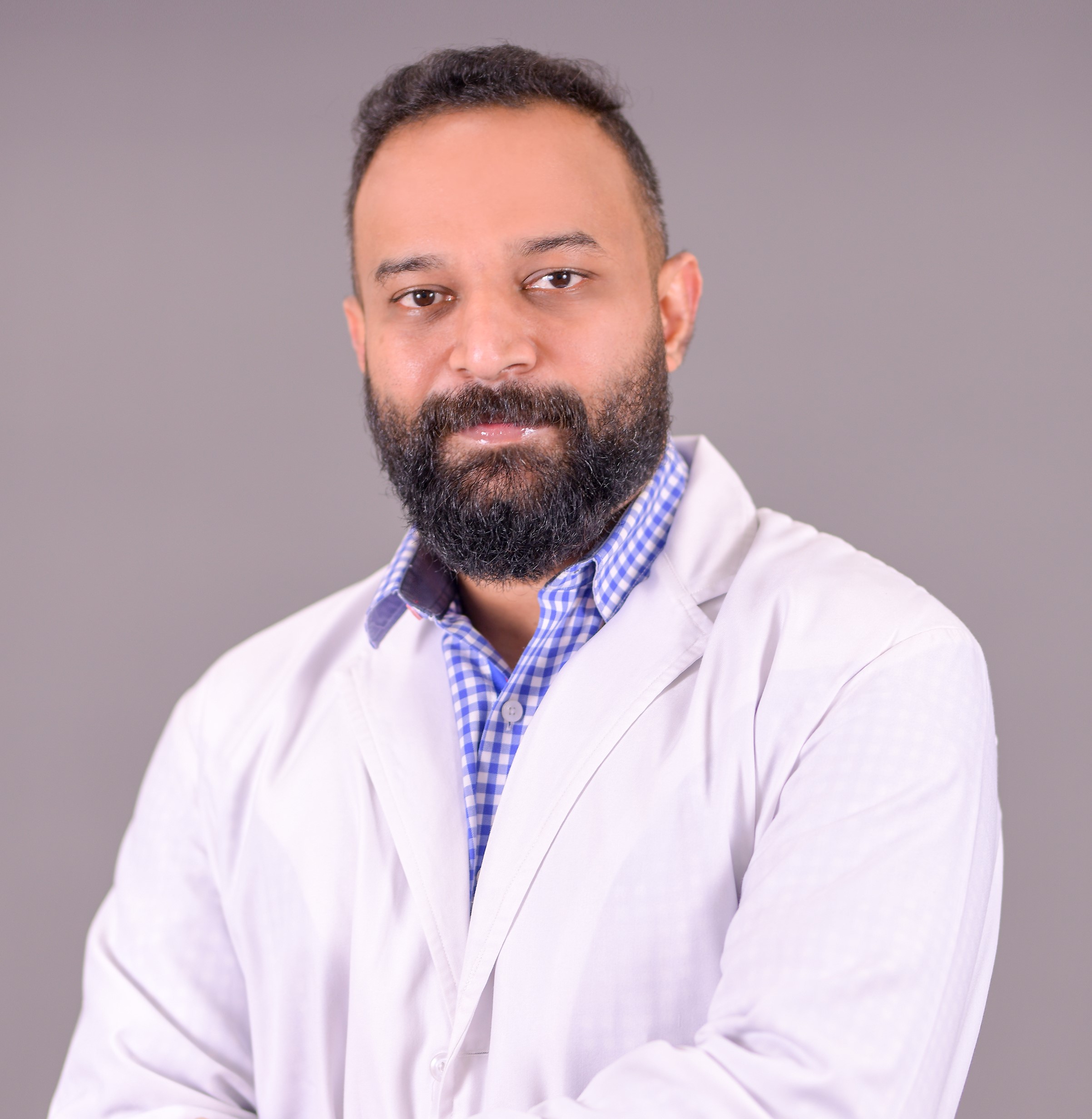- Our Doctors
- Our Specialities
Centres of Excellence
-
 Centre for Blood Diseases, BMT & Cancer Immunotherapy
Centre for Blood Diseases, BMT & Cancer Immunotherapy -
 Centre for Bone, Joint & Spine
Centre for Bone, Joint & Spine -
 Centre for Critical Care Medicine and ECMO Services
Centre for Critical Care Medicine and ECMO Services -
 Centre for Gastrosciences
Centre for Gastrosciences -
 Centre for Heart & Vascular Care
Centre for Heart & Vascular Care -
 Centre for Nephro-Urosciences
Centre for Nephro-Urosciences -
 Centre for Neurosciences
Centre for Neurosciences -
 Centre for Obstetrics and Gynaecology
Centre for Obstetrics and Gynaecology -
 Centre for Organ Transplantation
Centre for Organ Transplantation
Super Speciality
-
 Advanced Diagnostic and Interventional Radiology
Advanced Diagnostic and Interventional Radiology -
 Anesthesiology & Pain Management
Anesthesiology & Pain Management -
 Clinical Nutrition and Dietetics
Clinical Nutrition and Dietetics -
 Dental and Maxillofacial Surgery
Dental and Maxillofacial Surgery -
 Dermatology
Dermatology -
 Emergency and Trauma
Emergency and Trauma -
 Endocrinology and Metabolic Disease
Endocrinology and Metabolic Disease -
 ENT and Head & Neck Surgery
ENT and Head & Neck Surgery -
 Family Medicine
Family Medicine -
 General and Laparoscopic Surgery
General and Laparoscopic Surgery -
 General Medicine
General Medicine -
 GI Onco Surgery
GI Onco Surgery -
 GI Oncology
GI Oncology -
 GI Surgery, Advanced Laparoscopy and Gastro Oncosurgery
GI Surgery, Advanced Laparoscopy and Gastro Oncosurgery
-
- Key Procedures
- Our Hospitals
- International Patient
- Contact us
-
Quick Links


Brain Surgery for Tumours
What is a Brain Tumor?
A brain tumor occurs when there is an abnormal growth in or around the brain. These tumors can be either malignant or cancerous type or benign (not cancerous). Tumors developing in the brain are referred to as primary tumors, while the ones that form in other parts of the body and spread in the brain are called secondary or metastatic tumors Few types of tumors grow fast; others grow slow. However, irrespective of being cancerous or not, brain tumors can aect functioning of the brain if they continue to grow larger and press the surrounding tissues, nerves or the blood vessels
Causes of Brain Tumor
While there are no definite causes behind the development of a brain tumor, physicians suggest that any genetic changes or defects found or due to hereditary conditions can cause the brain cells to grow uncontrolled, thus forming a tumor.
Symptoms of Brain Tumor
- Headaches (recurring or severe) and may go away with vomiting
- Noticeable changes in personality or behaviour
- Trouble in concentrating
- Confusion
- Nausea and vomiting
- Unable or nding diculty to balance or in coordination
Surgery for Brain Tumors
The idea of undergoing the procedure might sound frightening, but with the expertise of the highly skilled neurosurgeons in collaboration with doctors from other specialities, make the process safe.
Brain tumor surgery is mainly of two types:
Craniotomy
Neuro-endoscopy
Craniotomy
Neurosurgeons prefer this as the most common surgical treatment option to remove a brain tumor. Under General Anaesthesia, they cut a part of the bone from the skull to access an opening to operate. The imaging scans help the surgeon to locate the precise position of the tumor. After the tumor is removed, the surgeon secures the bone back using small metal brackets and stitching the skin over it. With each grade of a brain tumour, the tumor will indicate its pace of growth and spread, thus helping the doctors to formulate an appropriate treatment plan. also check your lungs, breasts or colon to nd out the origin of the tumour if suspected of Metastases. The doctors may also conduct neurological examinations to check if there are any changes in how you balance, if you are able to coordinate your reexes, hear, see and understand well. Any change can point out the part in your brain that is aected.
Awake Craniotomy
In certain cases, the Neurosurgeon might suggest awake craniotomy if the tumor is located close to the part that controls important functions like speech, reflexes or movement. The patient might be kept awake either for one part of the surgery or throughout the surgery, using IV anaesthesia. Some of the surgeries are carried out while the surgeons monitor the brain’s electrical activity, also referred to as Intra Operative Neurosurgical Monitoring.
Neuro Endoscopy
This is a minimally invasive or keyhole brain surgery, wherein the Neurosurgeon removes either a part of or the entire tumour found in the ventricles of the brain. This procedure is also used in order to remove fluid build-up within the brain (hydrocephalus).
Successful Removal of Brain and Spinal Cord Tumor | Dr. Anoop Narendran
Meet Our Doctors
Experienced Medical professionals for a superior patient experience.
Dr. Akhil Mohandas
Senior Consultant - B...
Centre for neurosciences
View Profile Book an AppointmentFrequently Asked Questions
What radiology scans will I need to have?
Most patients will need to have a new MRI scan within 24 hours prior to surgery. This is used as a planning scan and to ensure nothing has changed with your condition before your operation. If you are unable to have an MRI generally a CT scan is sufficient. It is important that you bring all of your previous radiology films with you to hospital.
What should I expect after discharge?
Post-surgery rehabilitation is essential for patients to ensure proper and speedy recovery. The patient may be advised to undergo rehabilitation therapies such as:
- Physical Therapy to help recover any lost muscle strength and restore motor skills
- Occupational Therapy to help in getting back to daily routine life and work
- Speech Therapy to help patients with diculty in speaking
- Tutoring for children to cope with memory changes after undergoing a brain surgery
Will I be in pain after brain surgery?
It is common to have some discomfort around the wound following surgery, however, this is usually easily controlled with simple pain medication. Some patients can also have a headache as the linings of the brain can be irritated by blood products and air. Interestingly, the skull and brain do not contain pain nerves, so surgery on the head is not as painful as many patients might imagine.

 +91 9393 108 108
+91 9393 108 108


















































